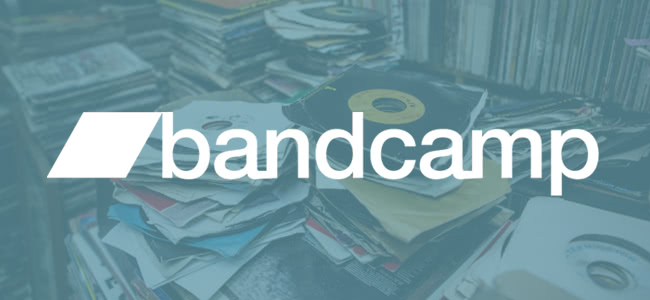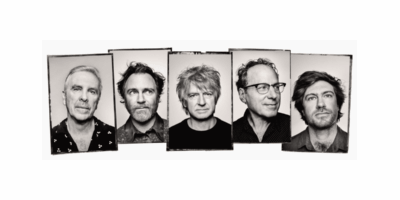This year has seen heated discussions in regards to how much money musicians actually earn, and interestingly an independent musician has stepped forward, providing a cross-analysis of how much she earned from Spotify versus Bandcamp in 2014.
Zoe Keating, a Canadian “one-woman orchestra” revealed how much she had earned from Spotify, which saw a total of only $1916.00 fall into her bank account for 2014. Despite a boastful fanbase, Keating’s income from the Swedish streaming service is nothing to brag about, this being due to the 0.00521 cents she receives in royalties per one song that is streamed from Spotify.
There has been a chorus of artists that have called-out Spotify for their dismal royalty rate, including Amanda Palmer and Thom Yorke, not to mention the further controversy spiked by the likes of Taylor Swift, who actually pulled her entire catalogue from the service over what she hailed as unfair payment rates, overall suggesting Spotify is not monetarily beneficial to musicians.
[include_post id=”388929″]
Adding breadth to the argument that Spotify is barely profitable, Keating detailed her incredible stream of income through online music marketplace, Bandcamp.
Keating posted her yearly sales income statement (which can be viewed here) containing each song, album and piece of merchandise sold for 2014, totalling to an unbelievable $42,527.54 – that’s a $40,611.54 difference, just FYI.
This is obviously a huge difference in terms of income, proving that Bandcamp is most certainly a more favourable marketplace for indie musicians.
Naturally, we must note that Bandcamp does allow for sale of additional products such as merchandise, however as Keating’s sales income statement shows, the vast majority of her income arrived as a direct result of track sales, providing strong evidence that the sale of music via Bandcamp is far more profitable than streams on Spotify.
This is a major plus for Bandcamp as a commodity for up-and-coming artists, which couples with their brand-new service that will allow users to subscribe directly to their favourite bands, giving bands the opportunity to directly streamline new music to their fans as soon as it’s released.
Keating’s monetary revelations add to the overall small-to-medium musician income debate that reached fever-pitch recently after one band detailed how they lost money touring, causing other bands to hit-back, claiming that touring bands do not need to lose money when on the open road.
There are arguments that would contend that Keating’s earnings are a result of her initial exposure from the likes of streaming services such as Spotify, which acts as a lead to her Bandcamp resulting in music sales, however there’s no concrete evidence of this as of yet.
What is certain is that while major artists definitely turn a healthy profit from streaming services, independent artists are best suited to record and online sales of their music to turn a viable profit, and platforms such as Bandcamp are the best vehicle for these monetary gains.


































